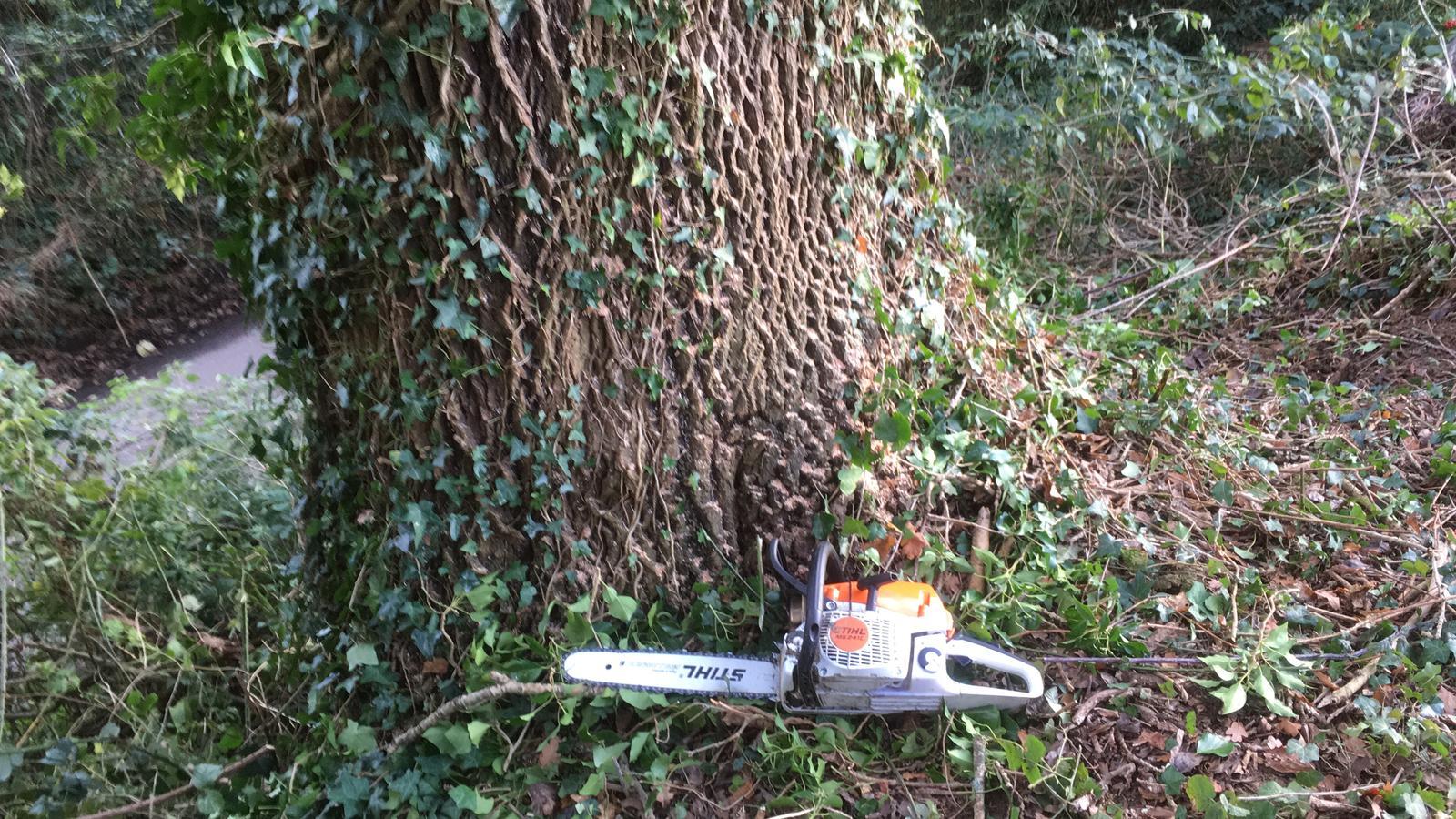
doobin
Veteran Member-
Posts
5,742 -
Joined
-
Last visited
-
Days Won
16
doobin's Achievements
Grand Master (14/14)
-
Rare
-
-
Rare
-
-
Rare
Recent Badges
-
All the electric splitters I've used have run the whole time, in order to minimise startup cycles. The lever is a spool lever, so it directs the hydraulics to work rather than jsut bypass/cycle. Engage the spool and the motor loads up, and loads up further when resistance is encountered.
-
Whatever mate. Domestic single phase log splitters are all made in China, all you really choose is the colour. That splitter is slow and cumbersome, but the same goes for all modern single phase splitters really, slow due to feck all juice on a single phase outlet and cumbersome due to all the legislated safety features these days. You're lucky there's not a cage around the splitting area on that one!
-
Any online bearing suppliers Are the bearings shagged then?
-
IMHO if you want to use a gasless mig then just get an arc welder and learn that instead. Going hassles removes all the benefits of mig over arc. I’d have thought with a euro torch you’d always need to change the wires over internally?
-
Sorry mate, you can’t come in without a grab. * bouncer closes door*
-
250. Lovely machines, mine is used lots. There’s a bloke on the mig forum who put 1000kg of wire through his with no issues.
-
I did try to edit my post to add that you should go modern decent inverter over a transformer. Lighter, pulls more juice from a single phase connection and can do arc as standard too. Can be run off a long extension lead and will also run off a decent genny if the need arises.
-
R-Tech, no question about it. Widely considered the best value hobby/semi pro MIGs on the market, and the backup is fantastic. I've got two migs and a plasma and they have been pretty heavily used. With bodywork it's all about how low the amps will go- cheap sets skimp here. https://www.r-techwelding.co.uk/r-tech-181-digital-mig-welder Call them up to order and ask to change the torch for a genuine Binzel MB15- much nicer to use. Won't cost much.
-
Looks like it's Shibuara. Still Japanese and reliable. New Holland 1220: Specs, Engine, Transmission, Dimensions AGRO-SPECS.COM Production Distributor: New Holland Manufacturer: Shibaura Type: Compact Utility tractor Factory: Japan Original price:... List of tractors built by Iseki for other companies | Tractor ... TRACTORS.FANDOM.COM This is for tractors built by Iseki for other companies.
-
Yes the Honda engine oil switches just divert the spark to earth when they trip.
-
Afaik ford/nh rebranded Shibuara tractors. Massey sold some badge engineered Iseki compacts for a while. Unless there was a on older agreement between Ford/Iseki?
-
Skidding Grab, RM Machinery RK 110
doobin commented on Chamski's advert in Agricultural/Forestry Machinery
-
It's been two days, and nobody has pointed out the glaringly obvious. If your winch couldn't keep up, I'll bet a pound to a silver pig that you made the classic tree surgeon mistake of putting the winch rope way too high. I've seen it time and time again, from guys with years of arb experience, with varying degrees of collateral damage that was totally avoidable. The worst is when you can see whats coming a mile off, but you can't tell the lead company to do it any different as if you tell them the right way and their blokes with no experience still **************** it up it'll then be your fault. Arb and forestry are totally different, and it really shows in situations like these. With a dead pop, I'd always set the rope probably around halfway up depending on weight distribution/what it looks like (theres the years of experience, hard to quantify), notch it and guage the size of the gob by how quickly I encounter rot. Then the backcut leaving a really recent amount of wood (cannot stress this enough). A good, committed pull with the 2.7t digger or Multione or truck and away she goes.
-
The dx27z (until this years models) is the same as the bobcat e27z. For Arb work you really want the e27. More counterweight (although nowhere near the tailswing of the Yanmar) and a larger engine than the z model, which is good for lifting and shifting quickly.
-
If your ball hitch is making that much noise as to be heard over the general trailer clatter, then it's dangerously worn. Don't bodge it, sort it before you kill someone.
- 28 replies
-
- 12
-









